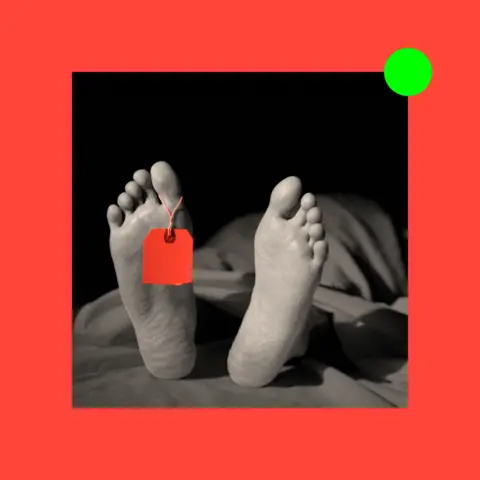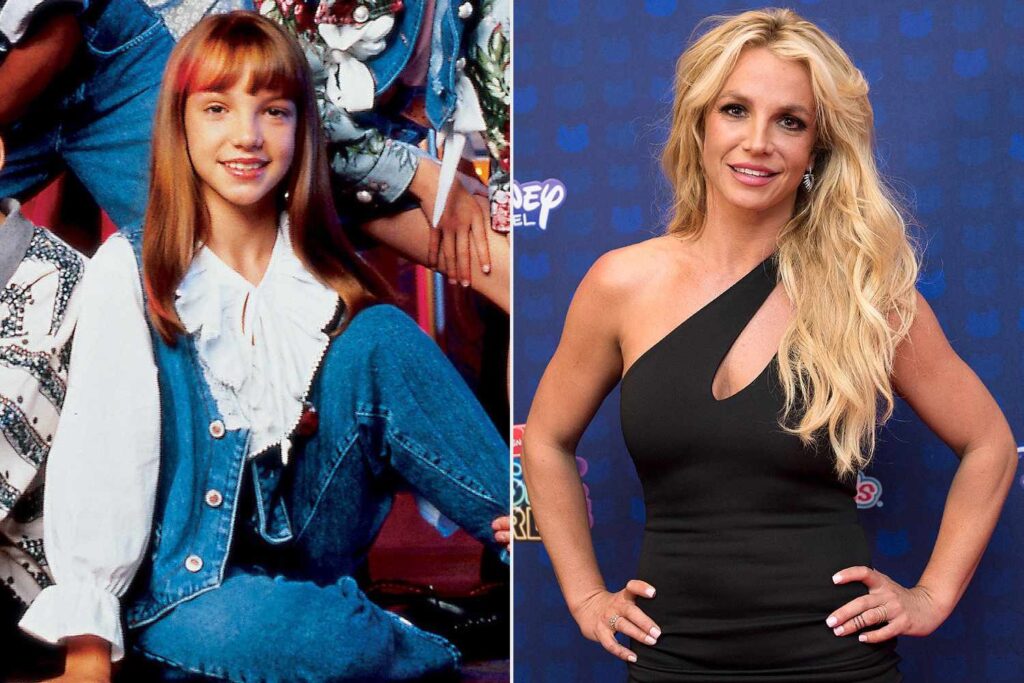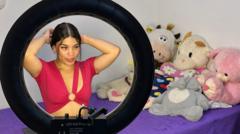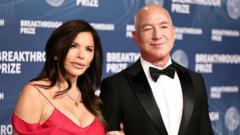Harold Dillard was 56 when he was diagnosed with an aggressive cancer around his abdomen in November 2009. Within weeks, he entered end-of-life hospice care.
In his final days, Mr. Dillard was visited by a company called Bio Care, which presented the option of donating his body to medical science for surgical practice. His daughter, Farrah Fasold, recalls how her father felt relief thinking he was lessening the burden on his family.
Unfortunately, after his death on Christmas Eve, Ms. Fasold received a shocking call from the police: they had found her father's head among numerous dismembered body parts discovered in Bio Care's warehouse.
The investigation revealed over 100 dismembered body parts belonging to 45 individuals, leading to accusations of mistreatment and exploitation. Critics argue that the body broker industry operates on a troubling line between altruism and exploitation.
Although the concept of body donation can be noble, as a means to advance medical research, the unethical practices of certain companies raise questions about dignity in death.
The U.S. lacks stringent regulations to govern body donation and acquisition, resulting in a system where exploitation may flourish under the guise of medical benefit. Despite some respected entities in the field, there are many stories that highlight the potential for abuse and disrespect towards deceased individuals.
As the conversation surrounding the necessity for body donations evolves, so does the call for reforms to ensure that contributions to science are done ethically and respectfully.
The future may also involve technological solutions, as advancements in VR technology promise to change how medical training occurs, potentially reducing reliance on physical human bodies.






















